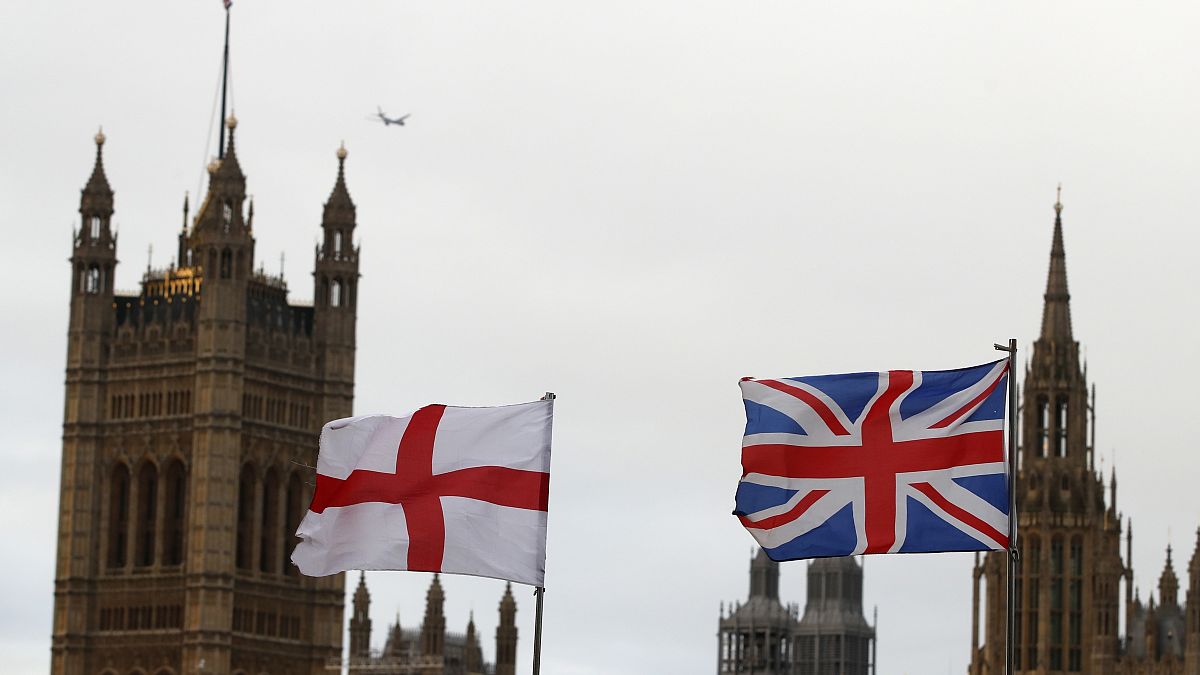Brexit is back but it's not expected to be blocked in parliament this time.
MPs are this afternoon debating legislation on PM Boris Johnson's Brexit deal with Brussels.
You can watch the footage in the video player, above.
Johnson is expected to comfortably get the bill through parliament after securing a huge majority in the December 13 election.
Brexit Secretary Steve Barclay said that the transition period would not extend past December 2020, a subject that was of considerable debate in the House of Commons.
Opposition parties expressed concern about the fast timeline while the government said the British public was fed up with delays.
"There is no mandate for leaving the European Union without a deal," said Labour MP and shadow Brexit minister Paul Blomfield as he defended calls to delay the implementation period.
Defence secretary on Soleimani
Earlier in the day, Britain's Defence Secretary Ben Wallace told MPs Tuesday that Iranian General Qassam Soleimani was "no friend of the UK or our allies in the region", and argued that the U.S. had "a case for self-defence" in killing him in a drone strike in Baghdad last week.
“He was not an advocate of a more peaceful or a prosperous Middle East," Wallace said.
Britain's parliament returned from the Christmas break on January 7 with the crisis in Iran and Prime Minister Boris Johnson's Brexit deal at the top of the agenda.
Proceedings kicked off at 15.30 CET with a ministerial statement on the Middle East crisis days after the assassination of Soleimani, the head of Iran's elite Quds Force. by the U.S. in Baghdad, Iraq.
Johnson has been relatively silent on the killing, which has led to fears of reprisals by Tehran against US interests in the Middle East or of another war in the region. The prime minister has only said that Britain "will not lament" the death of Soleimani, the architect of Iran's proxy wars from Iraq to Yemen.
Labour leader Jeremy Corbyn said that the UK should be wary of being dragged into another war in the Middle East, and criticised Johnson for not appearing in person to give a statement.
Following the statement and questions to follow, the House of Commons will hold a debate on Brexit, and Johnson's withdrawal agreement, which passed on its first and second readings in December and now onto its third outing in the Commons before it goes to the House of Lords for scrutiny.
